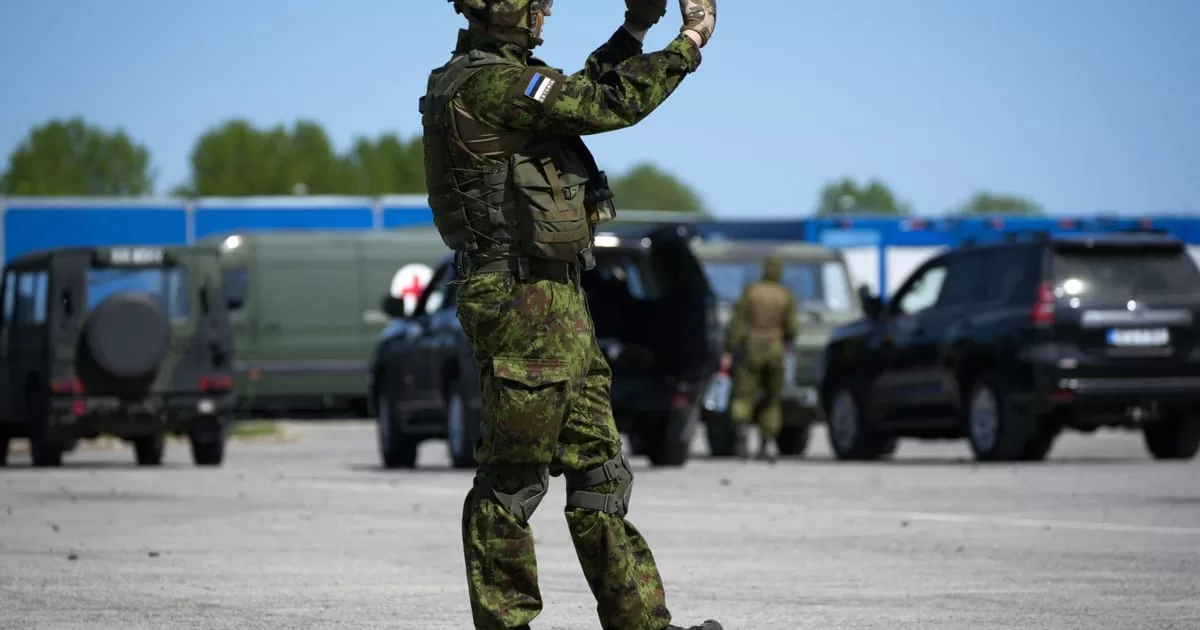The report notes a significant rise in military production in Russia, including of artillery and armored vehicles, that is enhancing Moscow’s ability to continue fighting. That surge could outpace Ukraine’s output unless the West escalates artillery production and delivery, Estonian intelligence finds.
According to the International Institute for Strategic Studies, Russia could maintain its current level of engagement in Ukraine for up to three more years, supported by accelerated weapons production.
Estonian intelligence also flagged a major change in Russia’s army: the formation of the Leningrad and Moscow military districts, aimed at NATO-member Finland. They also noted that Russia plans to expand its military from 1.15 million to 1.5 million members by 2026 in preparation for a potential conflict with NATO.
This expansion in manpower, it says, underscores the need for NATO and allied forces to significantly expand their defense capabilities. Rheinmetall CEO Armin Papperger previously warned that Europe might need a decade to fully replenish its stockpiles of ammunition.
German Defense Minister Boris Pistorius said in December that Europe must boost its security and defense capabilities to meet the threat that Russia poses, with the United States possibly reducing its involvement on the Continent in favor of increased security efforts in the Pacific region.
In January, Pistorius warned that an increasingly belligerent Russian President Vladimir Putin could attack NATO allies in less than a decade; in the same month, Latvia, Lithuania and Estonia agreed to form a common Baltic defense zone on their borders with Russia and Belarus.
